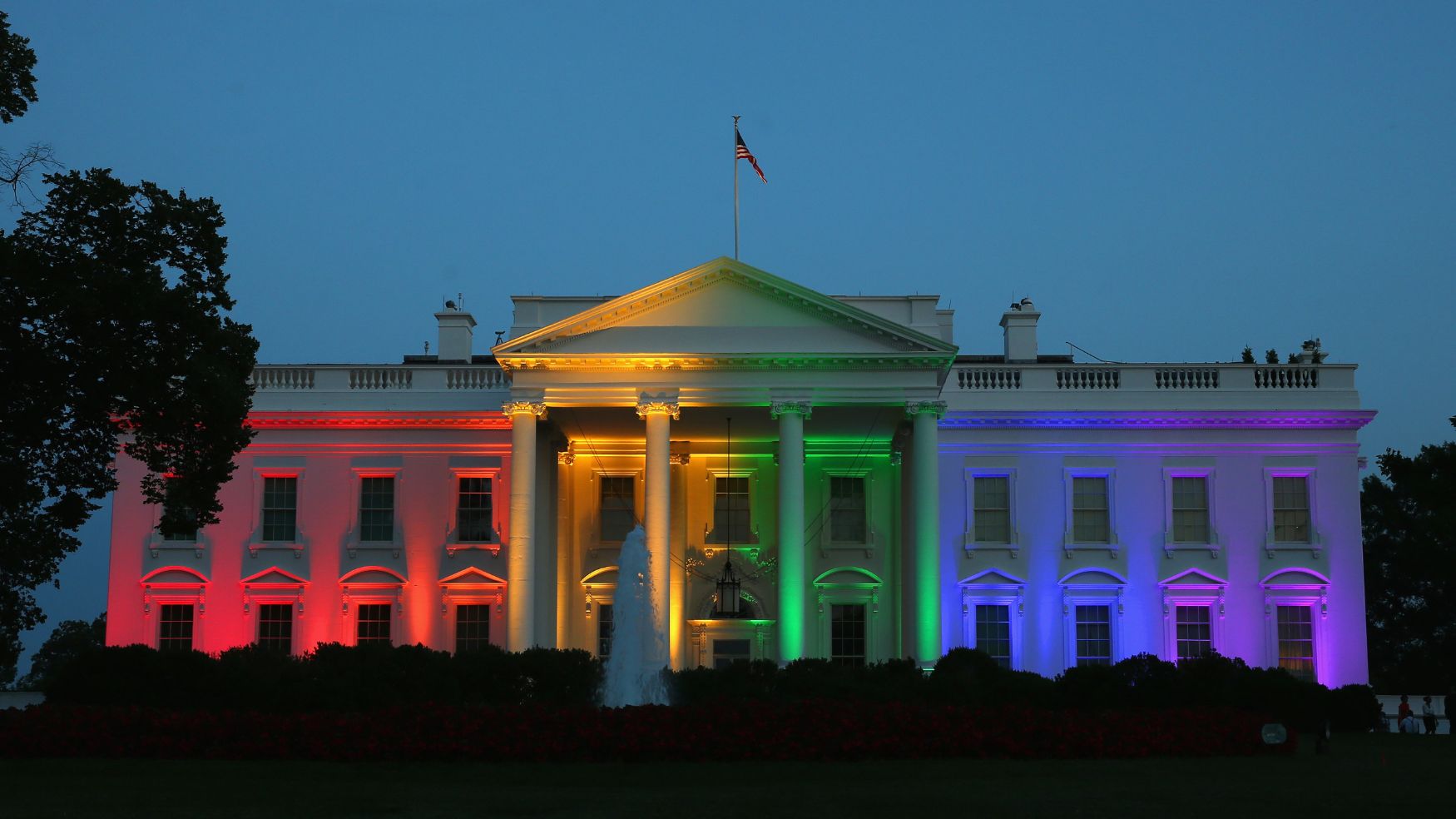Supreme Court Petition Seeks to Revisit Landmark Same Sex Marriage
The Supreme Court has been formally asked to overturn same-sex marriage by a county clerk who was jailed for refusing licenses to same-sex couples


The U.S. Supreme Court is formally being asked to overturn its landmark 2015 decision in Obergefell v. Hodges, which legalised same-sex marriage nationwide.
Kim Davis, the former Kentucky county clerk who spent six days in jail in 2015 for refusing to issue marriage licenses to same-sex couples, has submitted a petition requesting the Court to reverse Obergefell v. Hodges. The move has already drew widespread attention from the legal community, LGBTQIA+ advocacy groups, and policymakers.
In her appeal, Davis and her legal team argue that the First Amendment protects her from personal liability, citing her religious beliefs, and calls the 2015 ruling “grossly mistaken,” according to ABC News. Her petition also references Justice Clarence Thomas’ 2022 opinion, which suggested the Court should reconsider Obergefell.
 RELATED STORIES
RELATED STORIES
Since Obergefell, same-sex marriage has been legally recognised across the U.S., marking a historic victory for LGBTQIA+ rights activists. The ruling ensured same-sex couples have access to the same legal rights as heterosexual couples—including tax benefits, inheritance rights, and joint adoption rights. Even if Obergefell were overturned, existing marriages would remain legally recognised under the 2022 Respect for Marriage Act, which requires states to honour all legally performed marriages nationwide.
However, in recent years, some conservative legal experts and lawmakers have argued that the Obergefell decision was a judicial overreach and that marriage laws should be left to individual states. Critics point to the growing influence of the Supreme Court’s conservative majority, which has signalled a willingness to revisit landmark rulings such as Roe v. Wade.
This case also sparks broader debates about the Supreme Court’s role in shaping social values. Historically, the Court has acted as a protector of minority rights, but with a majority of justices appointed by Republican presidents, many view this as a potential turning point in the Court’s approach to civil rights.
If the Court overturns Obergefell, experts warn that other social issues—like transgender rights, workplace discrimination protections, and reproductive rights—could face renewed legal challenges.
Celebrity news, beauty, fashion advice, and fascinating features, delivered straight to your inbox!
The justices are expected to review the petition this autumn to decide whether to take the case. If accepted, oral arguments could begin in spring 2026, with a decision expected by that June.

Mischa Anouk Smith is the News and Features Editor of Marie Claire UK.
From personal essays to purpose-driven stories, reported studies, and interviews with celebrities like Rosie Huntington-Whiteley and designers including Dries Van Noten, Mischa has been featured in publications such as Refinery29, Stylist and Dazed. Her work explores what it means to be a woman today and sits at the intersection of culture and style. In the spirit of eclecticism, she has also written about NFTs, mental health and the rise of AI bands.